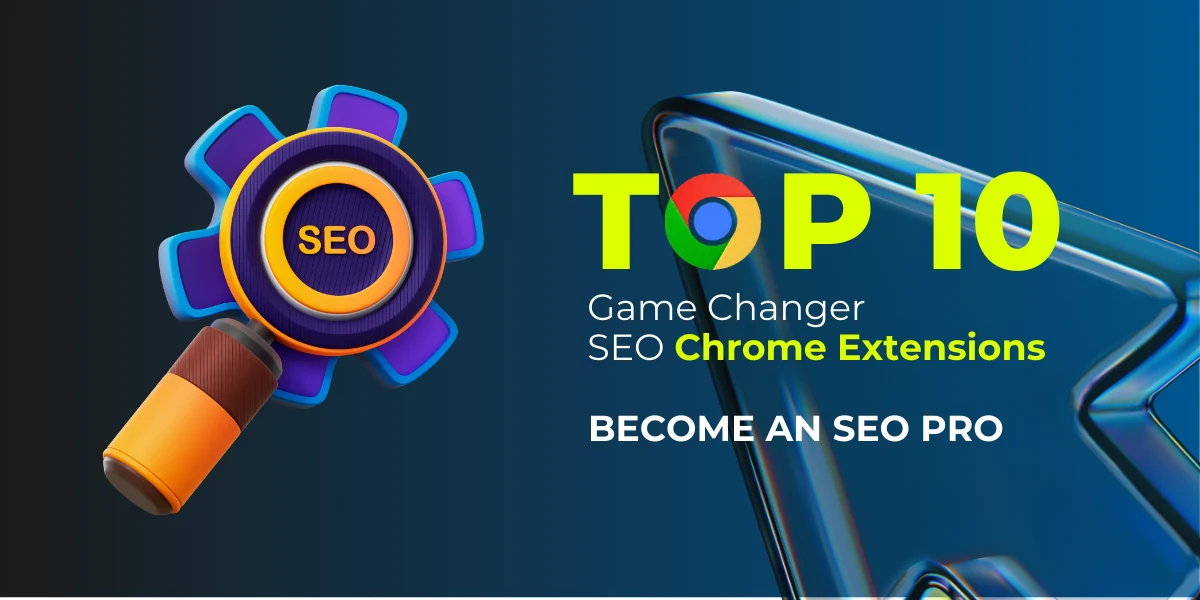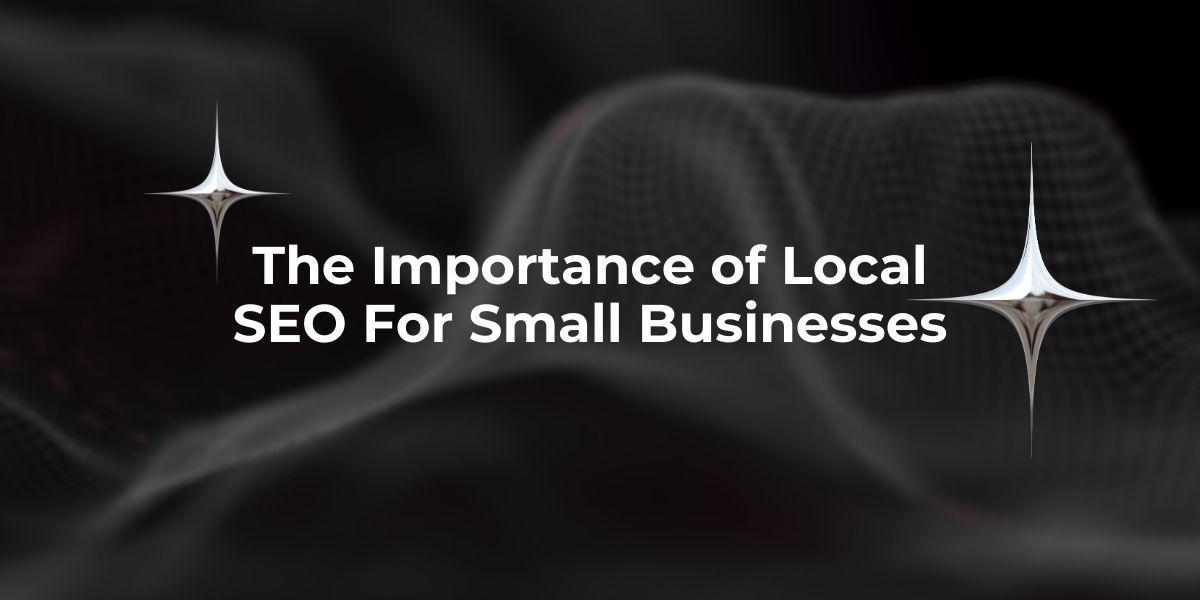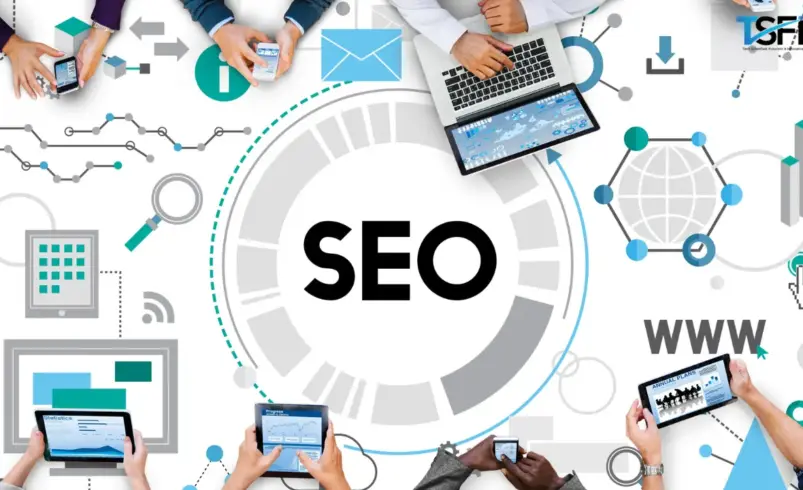
Why SEO Still Matters: The Backbone of Modern Digital Marketing
In today’s fast-moving digital world, Search Engine Optimization (SEO) is more than just a buzzword—it’s a key ingredient for building visibility and driving meaningful traffic to your website. Whether you’re a small local business or a growing eCommerce brand, understanding how SEO fits into your broader digital strategy can make a real difference. In this post, we’ll dive into what SEO is, why it matters, and how it works hand-in-hand with content marketing and other digital efforts to get results.
What Exactly Is SEO?
At its core, SEO is all about helping your website show up when people search for things online—especially on Google. The goal? Get more organic (unpaid) traffic by ranking higher in search engine results pages (SERPs). To do that, you need to optimize different parts of your site—from the content people see to the behind-the-scenes technical setup.
On-Page SEO: Where It All Begins
On-page SEO is everything you do on your website to make it search-engine friendly. This includes:
-
Using the Right Keywords: Think about what your audience is typing into Google and use those keywords naturally in your content.
-
Writing Clear Meta Titles & Descriptions: These show up on search results and can convince users to click.
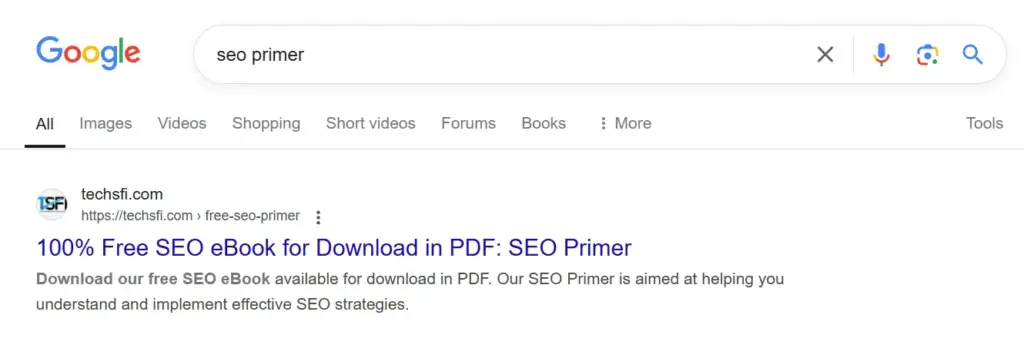
-
Creating High-Quality Content: Focus on solving problems, answering questions, or offering insights. Good content keeps people engaged.
-
Clean URLs: Simple, descriptive URLs help users and search engines understand what your page is about.
-
Internal Linking: Connect your web pages with smart internal links to help users (and Google bots) navigate your site better.
Off-Page SEO: Building Your Reputation
While on-page SEO focuses on your site, off-page SEO is all about what’s happening beyond it. Here’s how you build authority:
-
Backlinks from Trusted Sites: These act like votes of confidence. The more you get from high-authority sources, the better.
-
Social Media Engagement: While not a direct ranking factor, strong social signals can lead to more visibility and traffic.
-
Guest Blogging: Contributing to other websites can help you get in front of new audiences and earn backlinks.
-
Brand Mentions: When other websites talk about your brand—even without linking—it still signals trust and relevance to search engines.
SEO + Content Marketing = A Winning Combo
SEO and content marketing are like peanut butter and jelly—they work best together. Great content attracts people, while SEO ensures that content gets discovered.
Start with Keyword Research
Before creating anything, you need to understand what your audience is searching for. Tools like Google Keyword Planner or Ubersuggest can help you find those golden search terms that drive targeted traffic.
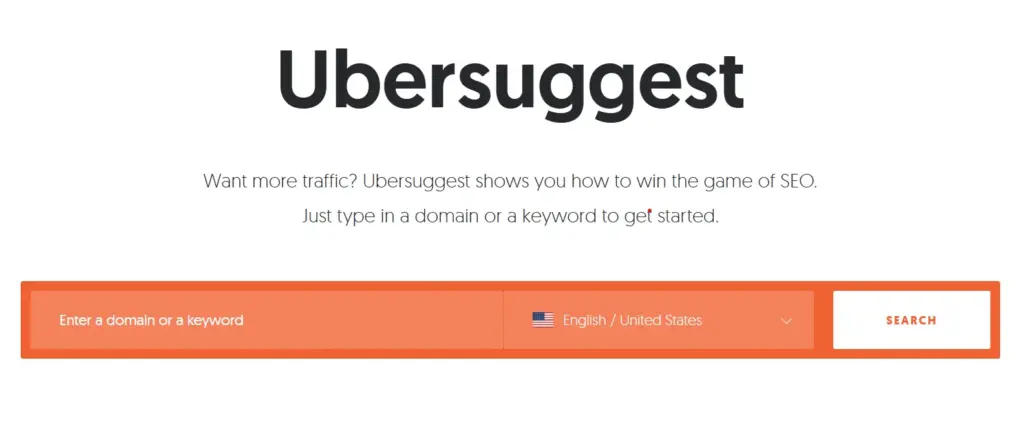
Create Content That Truly Helps
When your content is genuinely helpful, people will read it, share it, and link to it. That’s SEO gold. Consider mixing up your formats:
-
Blog Posts – Practical tips, insights, and how-tos
-
Case Studies – Real-life stories that build trust
-
Infographics – Visuals that simplify complex info
-
Videos – Great for explaining things quickly and keeping users engaged
Don’t Forget Optimization
Make sure your content is easy to read and skimmable. Use clear headings, bullet points, visuals, and CTAs (calls-to-action) to guide your readers and encourage them to take the next step.
Technical SEO: The Behind-the-Scenes Hero
Even the best content won’t rank if your website has technical issues. Here’s what to keep an eye on:
Website Speed
No one likes waiting. A slow site can hurt your rankings and frustrate users. Use Pagespeed insight tool to check your current page speed if it is not optimized Try:
-
Compressing images
-
Minifying your site code
-
Enabling browser caching
To Optimize your current page speed.
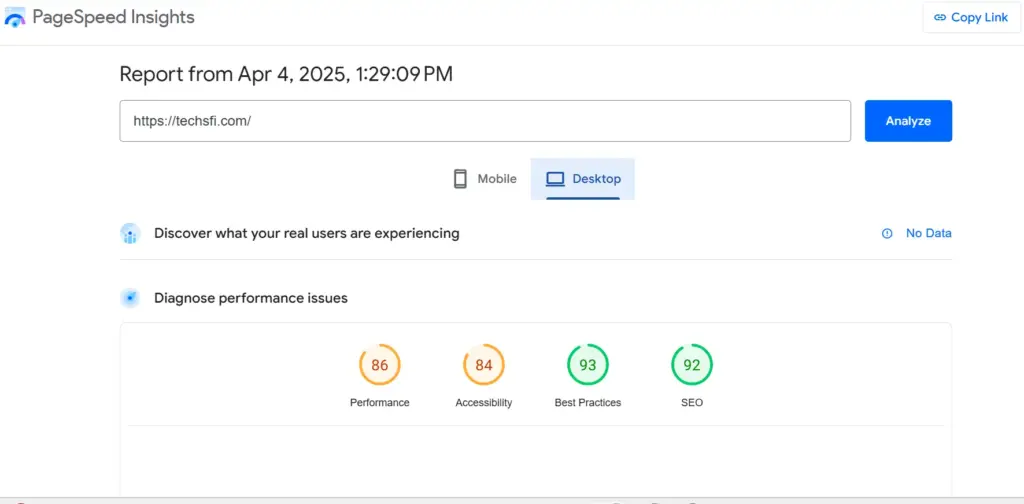
Mobile-Friendly Design
Most users are browsing on mobile. Your site should look and work great on any screen size. Consider using responsive design or tools like AMP (Accelerated Mobile Pages) for faster load times.
Security & Accessibility
A secure website (with HTTPS) is a must. Also, help search engines understand your site by submitting an XML sitemap and using a robots.txt file to control what gets indexed.
Local SEO: Win Your Neighborhood
If you serve a specific area—like a plumber, salon, or cafe—local SEO helps people nearby find you. Here’s how to make it work:
Google My Business
Claim and optimize your GMB profile. Add accurate business details, photos, services, and encourage happy customers to leave reviews.
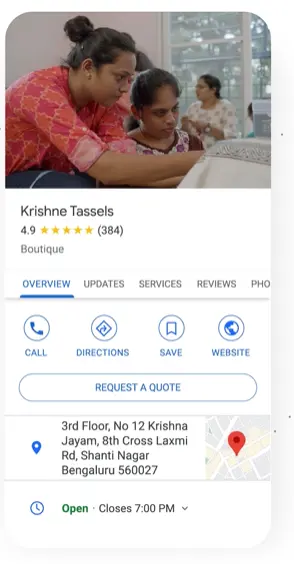
Local Citations
List your business in local directories (like Yelp, Justdial, etc.). Make sure your Name, Address, and Phone number (NAP) are consistent everywhere.
Create Location-Based Content
Blog about local events, answer community-specific questions, or share news relevant to your area to connect with local customers.
Measuring What Matters
To know if your SEO efforts are paying off, track these key metrics:
-
Organic Traffic – Are more people finding you via search engines?
-
Keyword Rankings – Are your target keywords climbing the SERPs?
-
Conversion Rate – Are visitors taking actions that matter (buying, signing up, contacting you)?
-
Bounce Rate – Are people staying on your site or leaving quickly?
Use tools like Google Analytics and Google Search Console to keep tabs on your progress.
FAQs
What is SEO, and why should I care?
SEO helps your site rank higher in Google and other search engines, which means more visibility, more visitors, and more chances to grow your business.
How soon will I see results?
SEO takes time. Depending on your niche and competition, it can take 3–6 months (or more) to see noticeable improvements.
Is content still king?
Absolutely! Quality content drives SEO. If you’re not offering value, your chances of ranking are slim.
Do I need an SEO expert?
You can start on your own, but a pro can help you avoid common pitfalls and fast-track your success.
Why are backlinks so important?
They act like trust signals for Google. The more high-quality backlinks you have, the more authoritative your site appears.
What’s the difference between on-page and off-page SEO?
On-page is what you do on your site (content, meta tags, URLs), while off-page is what happens elsewhere (backlinks, social mentions).
Is mobile optimization really necessary?
100%. Google now uses mobile-first indexing, which means your mobile site experience affects your rankings.
What is local SEO, and who needs it?
Local SEO helps businesses show up in search results when people nearby look for your services. Perfect for local shops, service providers, and brick-and-mortar businesses.
Final Thoughts
In the fast-paced world of digital marketing, SEO is still one of the most powerful tools in your toolkit. It helps build trust, drive consistent traffic, and position your brand as an authority in your space. Whether you’re focusing on content, technical fixes, or local strategies, integrating SEO into your overall marketing plan is a smart, long-term move.


